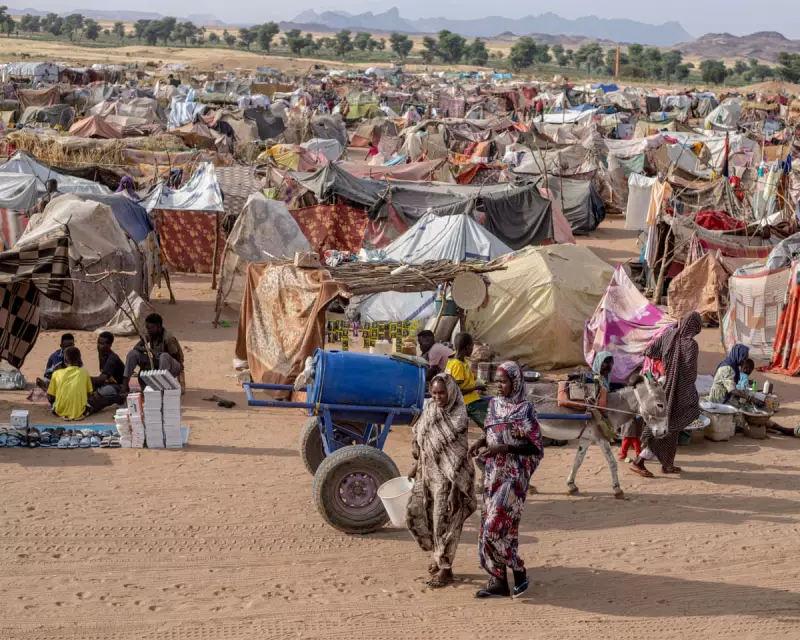
In a significant breakthrough for peace efforts, one of Sudan's most feared militia groups has agreed to lay down its weapons following mounting international pressure over alleged war crimes. The Rapid Support Forces (RSF), accused of committing atrocities throughout the country's devastating civil war, has committed to an immediate cessation of hostilities.
International Pressure Yields Results
The ceasefire agreement comes after months of intense diplomatic efforts from regional powers and Western nations. The RSF, which evolved from the notorious Janjaweed militias, has faced growing isolation as evidence of human rights violations mounted.
"This represents the most significant opportunity for peace we've seen since the conflict began," stated a senior diplomatic source involved in the negotiations. "While cautious optimism is warranted, the real test will be in implementation."
A Trail of Destruction
The RSF stands accused of numerous war crimes including mass killings, systematic rape, and ethnic cleansing, particularly in the Darfur region. United Nations investigators had documented widespread violence against civilians, with thousands killed and millions displaced from their homes.
The humanitarian situation in Sudan has been described as catastrophic, with:
- Over 8 million people forcibly displaced
- Nearly 25 million requiring urgent humanitarian assistance
- Critical shortages of food, water, and medical supplies
- Systematic destruction of healthcare infrastructure
Long Road to Recovery
While the ceasefire agreement marks a crucial first step, analysts warn that rebuilding trust and restoring stability will take years. The RSF's compliance with the terms of the agreement will be closely monitored by international observers.
"Ceasefires have collapsed before in this conflict," noted a regional security analyst. "What makes this different is the unprecedented level of coordinated international pressure and the recognition by all parties that military victory is impossible."
The agreement includes provisions for humanitarian access to besieged areas and the establishment of monitoring mechanisms to verify compliance from both sides of the conflict.





